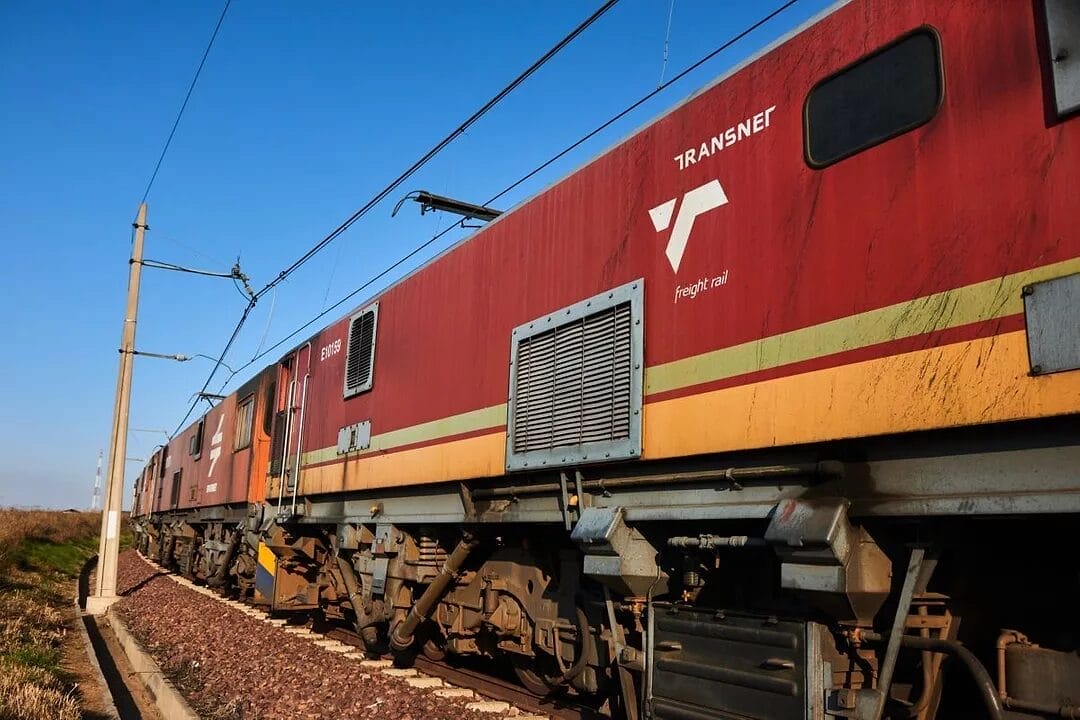Kumba Iron Ore, a unit of Anglo American and South Africa’s top iron ore exporter, has called for immediate private-sector participation on freight rail lines after the government signalled plans to open Transnet corridors to outside investors.
Operational Pressure on Key Rail Corridor
Kumba CEO Mpumi Zikalala emphasized that the critical 861 km rail corridor from Sishen to Saldanha Bay has been beset by poor maintenance, derailments, and capacity shortfalls, which have led to mounting stockpiles and declining production. She stated that private concessions over the rail link could significantly improve throughput, according to Reuters
ALSO READ: Egypt and South Africa Lead Africa’s Smartphone Market Growth as Nigeria Faces Challenges in Q1 2025
Policy Shift: State Invites Private Investment
In response, Transport Minister Barbara Creecy confirmed that the government and Transnet have launched an online Request for Information (RFI) covering key mineral export corridors, including the Northern-Cape to Saldanha and Limpopo to Richards Bay lines. A formal Request for Proposals (RFP) is expected in August 2025, offering qualifying investors a chance to partner in the restoration and operation of these strategic routes, Reuters reported in March 2025.
Impact of Transnet Inefficiencies on Kumba
Transnet’s underperformance has cost Kumba significantly: the company saw its earnings slump and stockpiles swell to over 8 million tonnes of iron ore by mid-2024, as export volumes faltered due to rail constraints, according to Reuters. In a 2023 financial review, Kumba reported that poor logistics reduced its sales by roughly one-third during a rail strike and maintenance shutdown, highlighting the critical link between Transnet performance and its bottom line, per Business Report and News24.
ALSO READ: South Africa Suffers $3.7 Billion Equity Outflow as Foreign Investors Retreat
Signs of Improvement, But Challenges Remain
Early 2025 metrics show rail performance improving: Transnet’s volumes climbed 5%, enabling a 6% sales uptick for Kumba. Zikalala noted this positive momentum is driven by close collaboration between Kumba, Transnet, and the Ore Users’ Forum to prioritize infrastructure upgrades, according to Daily News and Business Report. Nonetheless, she warned that full rehabilitation will take around 18 months.
Navigating Strategic Reform
Kumba is actively engaging in multi-stakeholder logistics reform platforms, including the National Logistics Crisis Committee and the Ore Users’ Forum to support private participation frameworks. Zikalala has stressed that government-backed policy changes and concession models are essential for sustained industry recovery, as reported by Business Report and The Star.
Looking Forward: Implications for the Mining Sector
Industry analysts indicate that opening the corridor to private operators could unlock bottlenecked freight capacity and restore export volume to global markets, potentially unlocking Rands of value for Kumba and the broader mining sector. But as the company’s annual report underscores, there is still a long way to go before Transnet reaches pre-crisis capacity.

